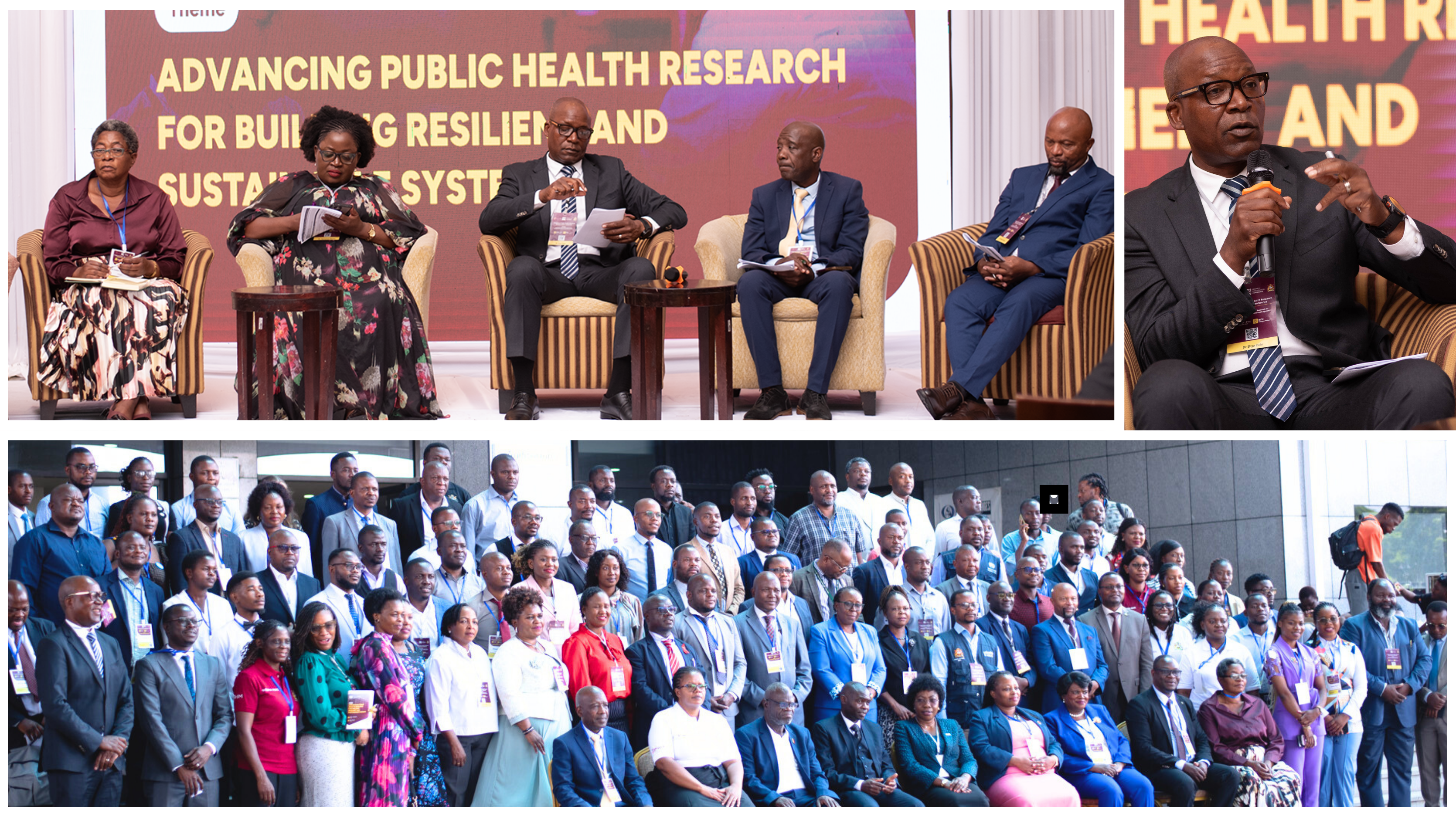Blogs

Malawi marked a significant milestone in its public health research journey with the first-ever National Public Health Research Dissemination Conference (NPH-RDC), hosted by the Ministry of Health through the Research Division of the Public Health Institute of Malawi (PHIM).
The conference, being held at the Bingu International Convention Centre (BICC) in Lilongwe, Malawi, from 29–31 October 2025, brings together practitioners, policymakers, and researchers to reflect on the country’s progress in health research under the theme “Advancing Public Health Research for Building Resilient and Sustainable Systems.” More importantly, it has prompted a critical question: How can Malawi ensure that research evidence meaningfully informs decision-making and leads to tangible improvements in people’s lives?
In his remarks, Dr Eliya Zulu, Executive Director of the African Institute for Development Policy (AFIDEP), emphasised the need for Malawi to shift its focus from merely generating research to actively promoting its use in policy and practice. “I believe that whatever evidence has been generated must translate to policy, so long as it adds value,” said Dr Zulu.
He observed that although substantial research is being produced in Malawi, much of it does not find its way into policies, budgets, and programmes. This, he said, should not be viewed narrowly as a challenge for non-governmental organisations (NGOs) alone, but rather as an issue within the broader evidence ecosystem, which includes government institutions, universities, research organisations, development partners, policymakers, and knowledge intermediaries.
Dr Zulu also reminded participants that the concept of policy should not be confined to formal national policy documents such as the Gender Policy or Climate Change Policy. Citing the World Health Organization (WHO), he explained that policy encompasses any decision made to improve healthcare delivery across the system. This broader perspective means that policy decisions are made every day when setting priorities, allocating resources, or determining which health interventions to scale up at district and community levels.
Dr Zulu additionally, noted that much of the research produced in Malawi and across Africa tends to focus on identifying and describing problems rather than finding and testing practical solutions. “While we have a wealth of evidence on what the issues are, such as malaria prevalence or gender-based violence rates, there is far less research on how to address these challenges cost-effectively and efficiently,” he said.
He challenged researchers to pay closer attention to the stages of evidence supporting implementation and resource allocation, stressing that this kind of research is crucial to improving efficiency and accountability in the use of public funds.
For Malawi to sustain its progress, Dr Zulu underscored the need to strengthen national capacity for generating and using evidence beyond the NGO sector. “Building capacity for evidence uptake cannot be left solely to NGOs,” he emphasised. “Universities and training institutions must play a critical role.”
He cautioned that as donor-funded programmes phase out, the sustainability of national data systems could be threatened. Strengthening universities and research institutions to train the next generation of researchers, analysts, and policy specialists will therefore be critical to maintaining momentum and ensuring local ownership of evidence systems.
The inaugural NPH-RDC marks the beginning of a new chapter in Malawi’s public health research landscape. As the country continues to generate valuable knowledge, the next challenge lies in ensuring that research evidence translates into better decisions, stronger systems, and improved health outcomes.
As Dr Zulu concluded, “It’s not just about producing research. It’s about producing evidence that helps to make better decisions, spend resources wisely, and ultimately deliver better health outcomes for all Malawians.”
AFIDEP’s participation in this timely conference underscores its commitment to advancing evidence-informed policies and strengthening Malawi’s sustainable health system. As a key player in regional research and policy engagement, AFIDEP’s engagement demonstrates the institution’s growing leadership in bridging research, policy, and practice towards achieving Universal Health Coverage in Malawi and beyond.

